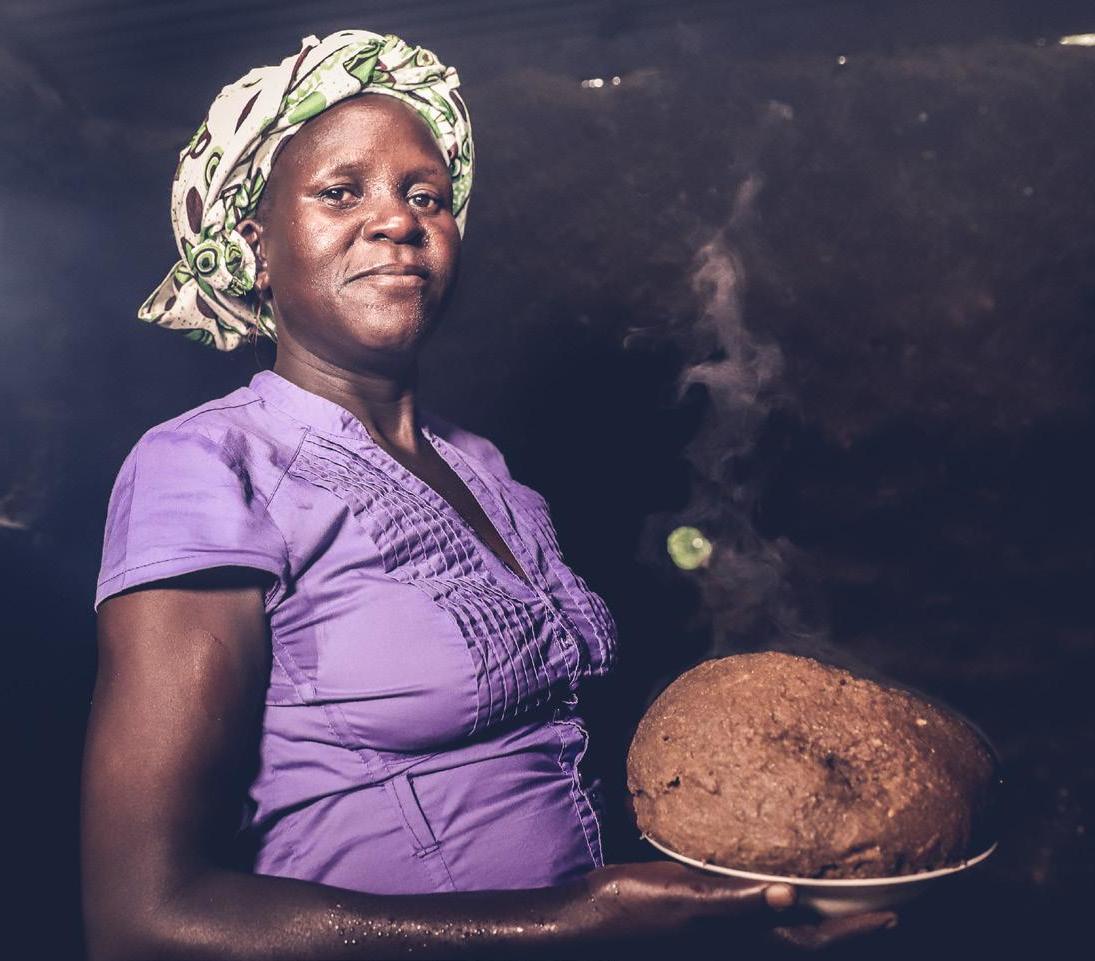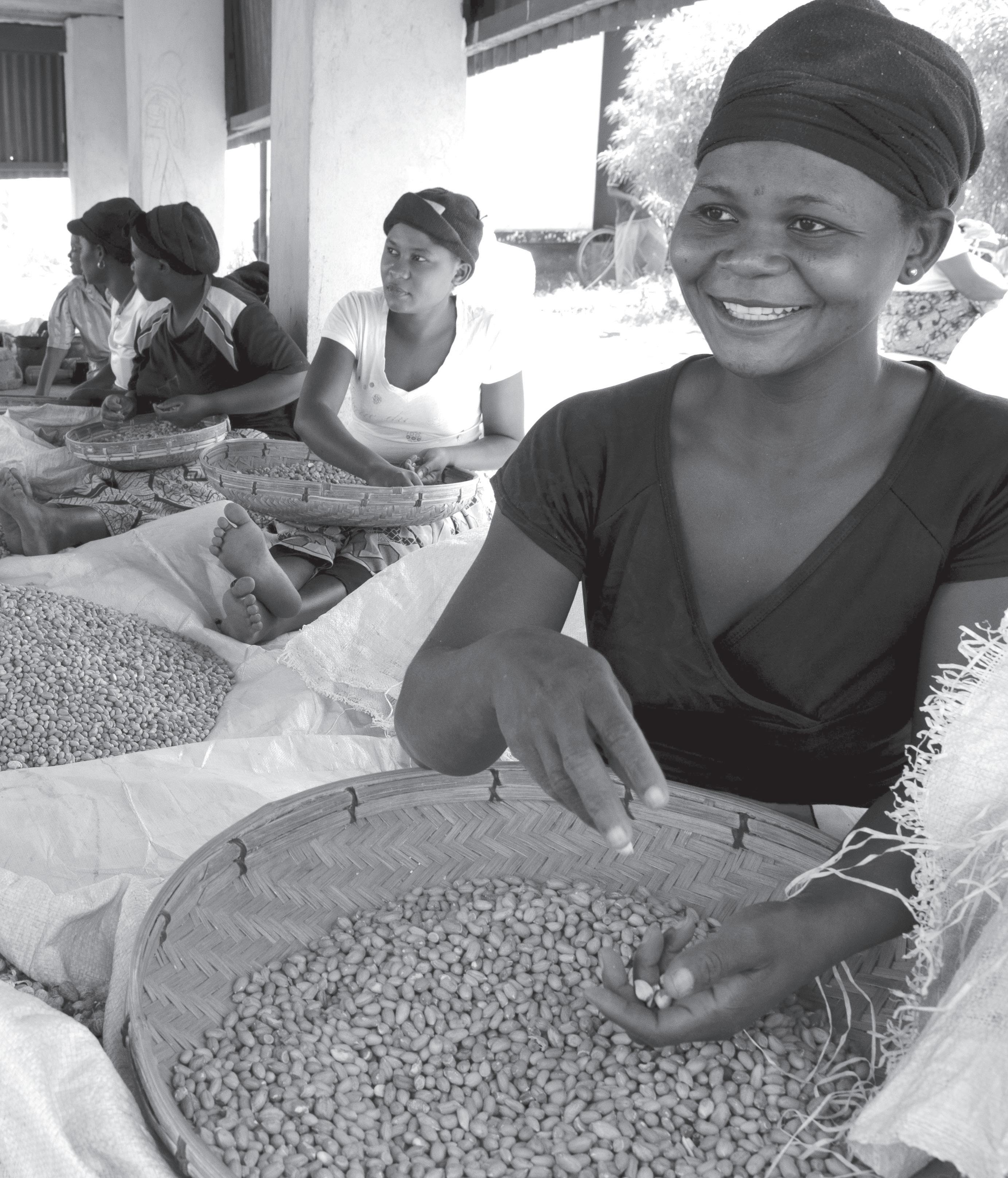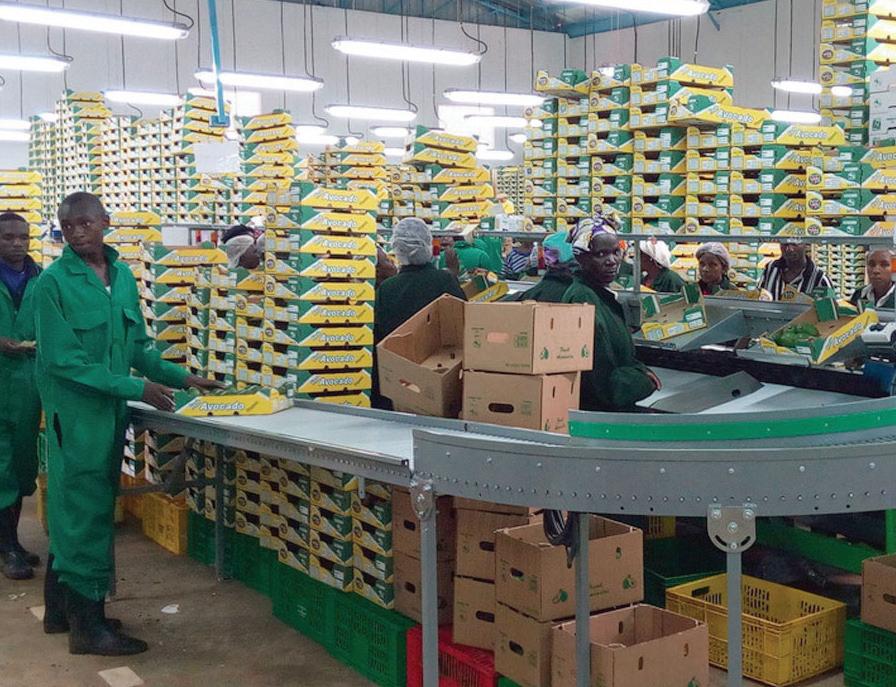
3 minute read
Opportunity to join the UN Global
What we do
SHA’s Approach Bottom-up business-first approach; this approach builds on a deep understanding of the business’ model and it challenges and designs customised gender strategies focussed on solving business challenges with a gender lens. The approach aims to engage businesses by focussing on their needs as the starting point and on the employment and leadership of women as well as on human resource practices and policies. Self Help Africa endeavours to employ a holistic approach, analysing business processes for gender inclusion opportunities, product design, value proposition, sales, marketing, customer segmentation as well as staff care and human resources.
Advertisement
SHA’s Gender Lens Service Offering for Businesses
Our support lies in:
1. Gender analysis support for businesses
SHA uses a gender scoring tool to establish how gender inclusive businesses are. To conduct the analysis, SHA modified for its own purpose a tool to assess the status of gender inclusivity within the businesses. In addition businesses can also conduct a self-assessment using tools such as The Gender Inclusion Self-assessment Tool which is an online resource developed by Value for Women to help businesses track improvements through the adoption of new policies, systems and practices, as well as to identify gaps and opportunities for deepening their focus on gender inclusion 9 . Alternatively the Women’s Empowerment Principles tool can be used which focuses across a wide spectrum of a company’s activities, from within its workforce, through its value chain, to its customers and more broadly in the wider community 10 .
2. Technical Assistance for Businesses.
SHA provides technical assistance to businesses by encouraging them apply a gender lens to their business
Farmers in the Oromia Region, Abichu District, Ethiopia
challenges especially around their business strategies, sourcing models (supporting women producers; buying more from women), internal processes (human resources policies – work environment) distribution and markets (products and services).Organisations that we can collaborate with on this agenda include CTA that provides a VALUE4HER platform aimed at increasing value for women from agribusinesses through market access, improving knowledge, skills and networks and global advocacy aimed at addressing some of the key barriers for women’s empowerment in agriculture 11 . WEConnect International a corporate-let non-profit and helps build sustainable communities and economic growth by empowering women business owners to succeed in global markets.
Finally creating networks of mutual support and peer learning among businesses led by women will be encouraged such as association of women in agriculture.
3. Investment linkage (matchmaking)
SHA links businesses to impact investors , Angel Investors and donors who are interested in gender lens investing.
4. Incentives and Recognition
In order to incentivize businesses to incorporate a gender lens Self Help Africa can provide :
Awards such as best SHA gender inclusive businesses; Complementary Technical assistance
Incorporate into the evaluation criteria for selection a specific weighting for women led business.
Commitment: SHA will encourage supported businesses to make public commitments for gender equality and women’s empowerment by signing the UN Global Compact’s Women’s Empowerment Principles CEO statement of support or other equivalent.
Self Assessment for Business Business Capacity Assessment Identification of Business Challenges Design and Implementation of Gender Solutions for Business Challenges Measuring Changes on Business Performances
Achievable and measurable targets
Overly ambitious or aspirational targets are often less likely to be achieved which can have a negative impact and reduce the motivation to change. Hence the Country Programme targets below while not being overly ambitious can be built upon.
30% of businesses pledge to have 50% female leadership;
40% of businesses grow the percentage of women hired to at least 40% ;
30% of businesses have reviewed and where necessary amended policies and processes to encourage gender equality, including those relating to recruitment and selection, performance management, pay and remuneration, training and development, talent identification, leadership capability models and career structures

Beatrice makes Ugali from cassava flour mixed with millet flour, Teso South, Busia County, Kenya, 2018
Contact

Self Help Africa, Kingsbridge House, 17–22 Parkgate Street, Dublin 8, Ireland. Tel: +353 1 677 8880
Email: info@selfhelpafrica.org Web: www.selfhelpafrica.org


